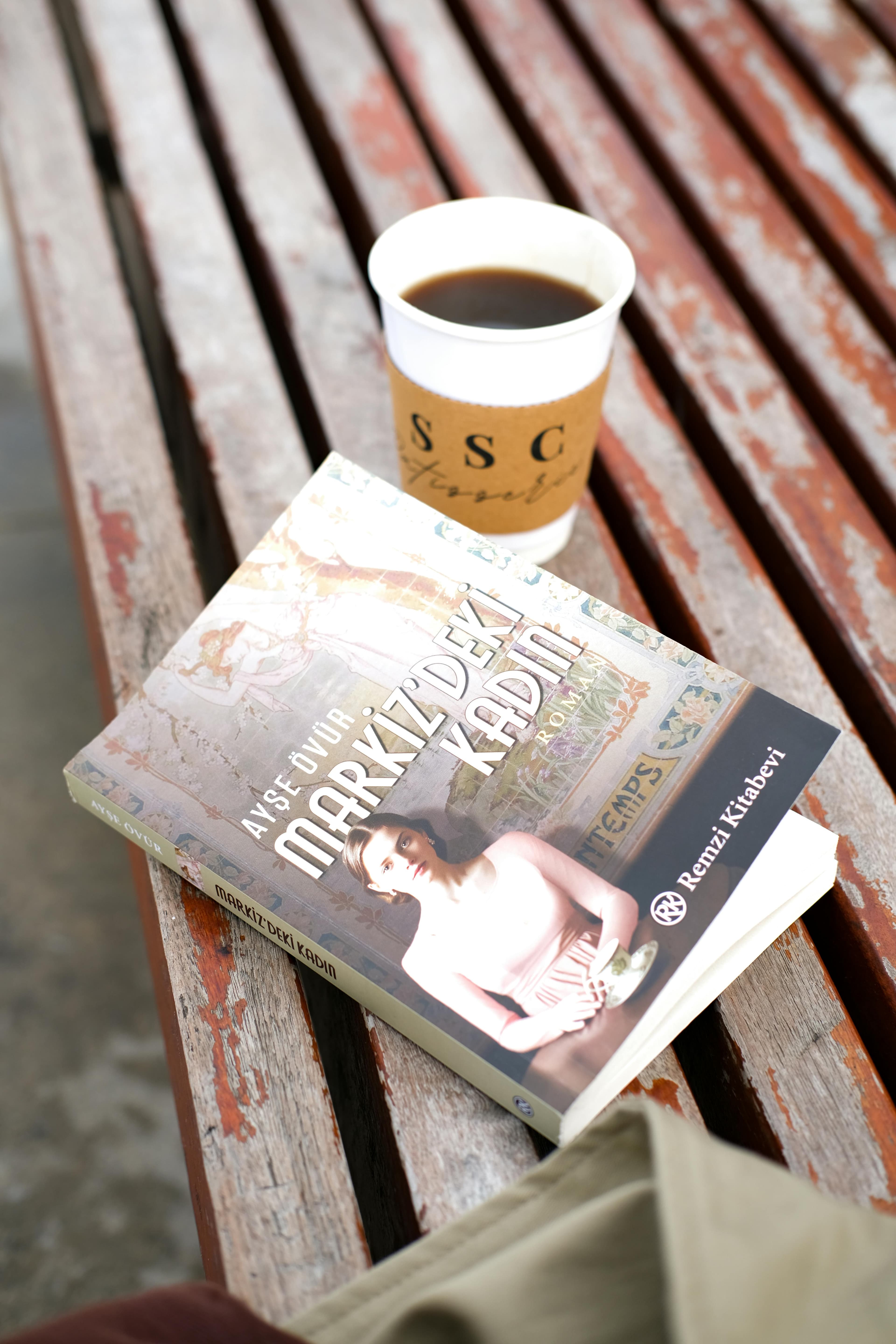In a world that moves faster every year, wellness is no longer just about diet and exercise. True, lasting health includes what we feed our minds and hearts—our inner landscape of thoughts, stories, and beliefs. Reading is one of the gentlest, most accessible practices for holistic healing: it calms the nervous system, sharpens attention, expands empathy, and gives us tools for self-discovery. This guide explores why reading matters for wellbeing, what kinds of books help most, and how to build a simple, nourishing reading ritual that supports mental, emotional, and spiritual health.
Why reading is healing: the science and the soul

Reading activates several systems that directly support wellness:
Stress reduction.
Studies repeatedly show that absorbing, focused reading lowers cortisol levels and slows heart rate. Even six minutes of reading can significantly reduce stress—more than listening to music or taking a short walk.
Cognitive fitness.
Regular reading improves attention, memory, and cognitive resilience. Engaging with narrative structure strengthens working memory and helps preserve mental sharpness as we age.
Emotional regulation & empathy.
Books—especially literary fiction—let us live inside other people’s minds. That practice of perspective-taking increases empathy and helps us understand and regulate our own emotions.
Healthy routines & ritual.
A daily reading habit signals consistency to the brain and can form a soothing ritual that anchors the day, improving sleep and lowering screen-induced anxiety.
Beyond measurable benefits, reading nurtures a deep human need: to feel seen, to learn, and to imagine better futures. Stories can comfort, challenge, and catalyze change.
Which books help: match genre to need
Not every book is equally restorative for every mood. Here’s a quick guide to choosing reads that align with specific wellness goals:
For calm & stress relief:
Gentle fiction, cozy memoirs, nature writing, and short-story collections. Look for lyrical prose, slow pacing, and warm tone.
For emotional growth:
Character-driven novels and contemporary literary fiction that explore relationships and inner life. These books help you practice empathy and emotional insight.
For practical self-care & tools:
Evidence-based self-help, psychology, and wellness books that include exercises, prompts, or journals. Pick authors with clear credentials and practical frameworks.
For spiritual nourishment:
Timeless classics, contemplative essays, and modern spiritual guides that invite reflection rather than argument. Read slowly and keep a journal.
For cognitive stimulation:
Mystery, historical fiction, and complex narratives that keep you solving, predicting, and thinking—great for maintaining mental agility.
Building a simple daily reading ritual

You don’t need hours—consistency matters far more than length. Try this beginner-friendly routine:
Start small:
Commit to 10–15 minutes nightly. Small wins build the habit.
Create a designated spot:
A cozy corner, a comfy chair, soft light, and minimal interruption. Your brain will begin to associate that spot with calm.
Pair with a cue:
A warm cup of herbal tea, a diffuser scent, or five minutes of breathing beforehand signals it’s time to switch modes.
Track and reflect:
Keep a tiny reading log (date, book, one takeaway). Reflection converts reading into learning and healing.
Limit screens before bed:
Swap 30–45 minutes of screen time for reading to improve sleep quality and deepen rest.
Practical tips for choosing and finishing books
Borrow first.
If you’re not sure, borrow from a friend, library, or online preview before committing.
Mix lengths.
Keep one short book or essay collection on hand for low-energy days.
Read aloud occasionally.
Reading aloud—especially meditative passages or poetry—adds another layer of embodied calm.
No guilt.
If a book isn’t helping you, it’s okay to put it down. The goal is nourishment, not endurance.
Curated categories and starter suggestions
(If you want, I can adapt this list into product links or an affiliate-ready grid for the Serene Heals blog.)
Mindfulness & presence:
short meditation guides and contemporary contemplative essays.
Self-compassion & mental health:
evidence-based self-help that balances insight with exercises.
Comfort fiction:
warm, character-rich novels that prioritize healing and human connection.
Spiritual practice:
non-dogmatic spiritual and philosophical works that invite reflection.
Practical living:
books on sleep, habit formation, and stress resilience with clear, actionable guidance.
Where to find thoughtful, healing-centered books
A well-curated bookstore makes it easy to find books that truly support wellness—rather than trending titles that may not fit your needs. For readers who want a thoughtful collection spanning self-care, spirituality, mental health, and comforting fiction, check out Bookalley—an online bookstore with carefully chosen selections across genres. Explore their collections here: Bookalley.
Pairing reading with other wellness practices
Reading multiplies benefits when paired with other gentle daily practices:
Journalling:
After a reading session, jot down one insight or a prompt for action. This integrates learning and turns passive reading into active growth.
Breathwork:
Two minutes of deep breathing before reading can shift the nervous system into rest mode and help you absorb material more deeply.
Community:
Share short reflections with a friend or book group. Social processing enriches comprehension and builds connection.
Quick “book-first” evening routine (10–20 minutes)
Dim lights, brew a calming herbal tea (2 minutes).
Two minutes of mindful breathing.
10–15 minutes reading—preferably a physical book or e-reader on warm mode.
One-minute jot: write a single line about what you took from the reading.
Lights off—sleep-ready.
Final thoughts: reading as a lifelong healing companion
Reading is a low-cost, high-return practice for anyone on a wellness journey. It helps us rest, learn, and feel more connected to the human experience. Whether you’re seeking calm, cognitive fitness, or spiritual nourishment, a book can be a quiet, steady companion.
